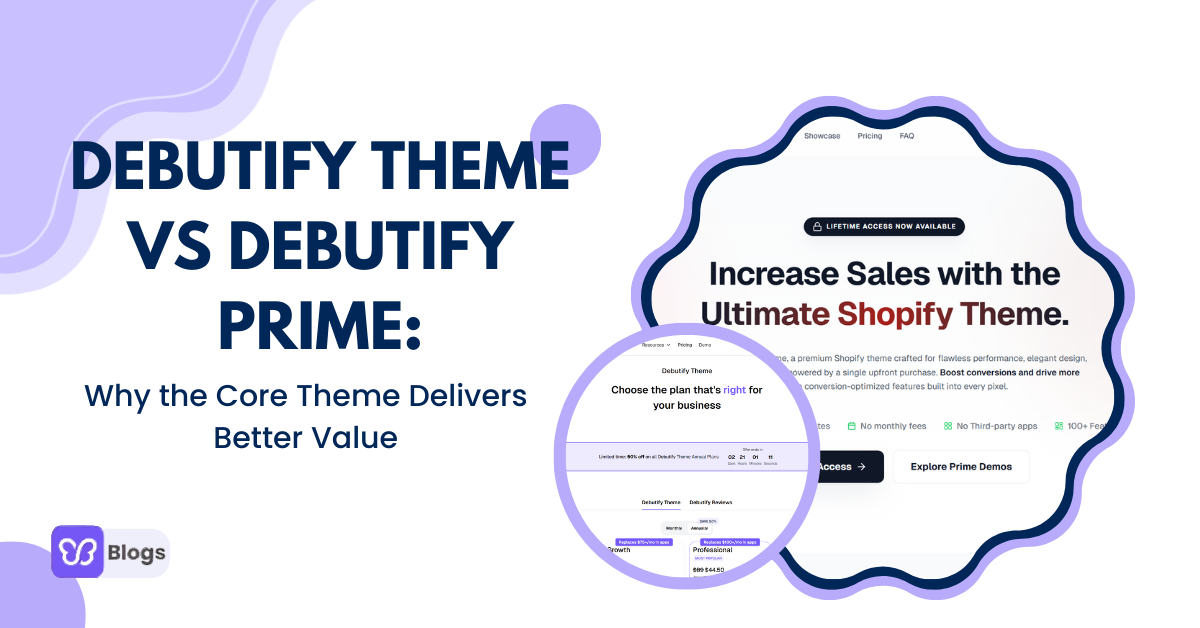A cloud-based PIM manages your product details—images, descriptions, prices—across multiple channels like your website, Amazon, or eBay. Since it’s cloud-based, all your data is stored securely online. What does this mean? It’s accessible from anywhere, anytime, without needing a specific device or location.
On the other hand, another type of PIM, called the on-premise PIM, stores your product information on local servers that are managed internally by your business. This gives you complete control over your data and security, which some businesses prefer, especially if they have highly sensitive information.
However, this setup comes with higher costs for infrastructure, maintenance, and IT support. It also lacks the flexibility and remote accessibility of a cloud-based PIM.









